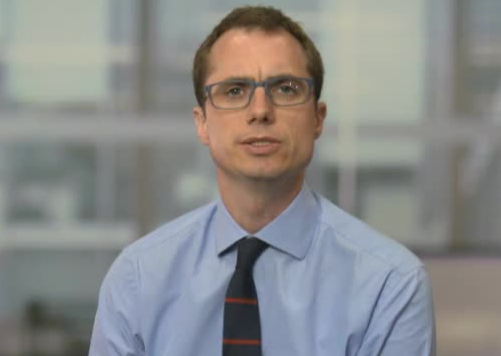Charlie Awdry, China portfolio manager at Henderson, looks back at 2015 and discusses where investment opportunities can be found in a country that is undergoing significant economic, political and social change.
What lessons have you learned from 2015?
First, the Chinese currency can depreciate but we find it odd to call August’s 2% move against the US dollar a devaluation, given other emerging market currencies have fallen as much as 35% during the year. Second, President Xi’s reform programme is reaching a critical stage and his vision of market forces includes both the invisible hand of the free market and the state’s visible and powerful hand working towards stability. Third, when markets move in an extreme fashion, correlations between stocks increase − this lack of discrimination is a reliable source of investment opportunities for our strategy.
Are you more or less positive than you were this time last year, and why?
We have been downbeat on the Chinese economy, but upbeat on the stocks we hold for quite a few years; that stance continues into 2016. Overall, economic activity continues to be squeezed by the competing needs of reform and deleveraging and challenged by a loss of competitiveness in the manufacturing sector. Rebalancing is taking place but declining commodity prices illustrate how significant the ‘old part of the economy’ is. Unfortunately, the vibrancy of the ‘new consumer economy’ is probably underrepresented in official growth measures. The tough macroeconomic situation means we should expect more volatility in markets.
What are the key themes likely to shape your asset class going forward and how are you likely to position your portfolios as a result?
We will continue to see diverging valuations between consumer-driven businesses, such as technology, consumer services and healthcare. These sectors will generally be generating profit growth, while sectors dominated by state-owned enterprises (SOEs), like energy, telecommunications and financials, will struggle to react to the tougher economic environment, and will most likely continue to be ‘inexpensive’.We do not own any banks and continue to strongly favour privately-managed consumer-driven businesses with strong profit margins and cash flows.


 By Fórmate a Fondo
By Fórmate a Fondo